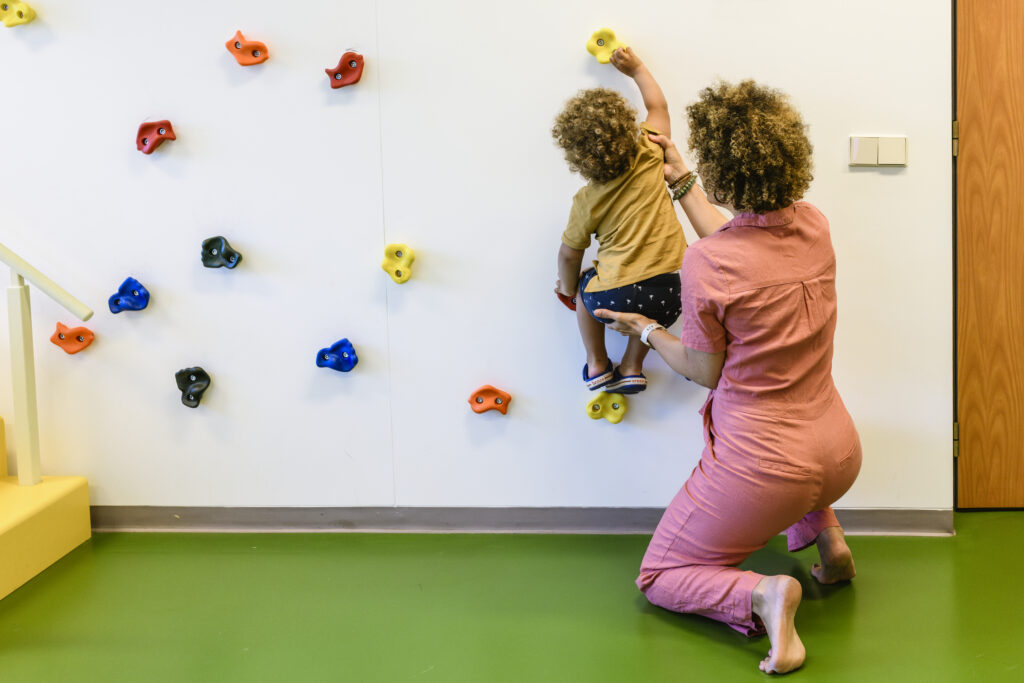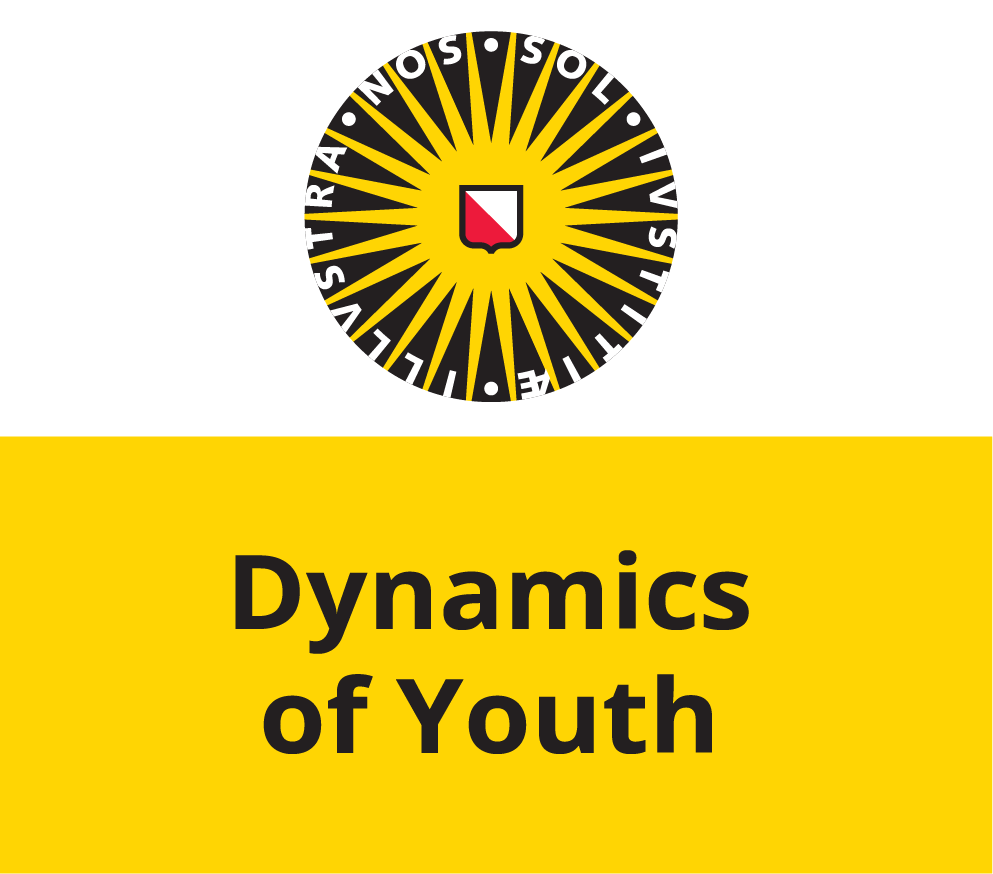Activities
The two-day REACH conference will consist of a variety of talks and workshops. Because the goal of the conference is exchange, interaction and creating a network, we are hosting several activities to this end. For the complete program, see our preliminary program. To learn more about the activities, you can click on the activities below:

Keynotes
During the conference, three keynote presentations will be held. Each presentation is scheduled for 45 minutes with 15 minutes of discussion. We aim for each keynote to comprise interdisciplinary research, preferably funded by Dynamics of Youth and/or the Early Childhood community. To further showcase interdisciplinary research we aim to invite a duo researchers from different fields who collaborate and will present on the same subject together.
Posters
Throughout the conference, all posters will be on display to review for conference attendees, students and faculty of Utrecht University. There will be two designated poster walks. During the first poster walk, a session of flashtalks will be organized so researchers can pitch their poster. After the second poster walk, the prize for best poster will be awarded. The committee to award this prize will comprise of DoY researchers from different faculties. Posters will be graded on quality of research (either executed or intended), interdisciplinarity, adhering to FAIR and Open Science principles and (potential) scientific and/or societal impact. We welcome regular scientific posters presenting recent or current research, ‘recycled’ posters from previous conferences and posters where new research ideas are presented. We can provide the service of printing the posters and transporting them to the venue if posters are submitted before 11 November 2025.
Scientific sessions
To give a large number of researchers the opportunity to present their work, we will organize six scientific sessions. During these sessions, researchers are invited to present current or recent work in 15 minutes, followed by 5 minutes of discussion. We aim to include a large variety of researchers and divide the sessions based on research topic/theme, age of the study population, and/or technique. Depending on the number and topics of submissions, we aim to facilitate a variety of ways to connect during the scientific sessions. For example, we can organize a speed-dating event at the beginning or end of a scientific session or we can host a panel discussion between the presenters.
Workshops, networking and liming
During the workshop session, scientists will get the opportunity to practice their research skills or start a collaboration. One workshop will focus on blog writing (20 spots) and one workshop will focus on writing and recording a pitch (20 spots). Furthermore, there will be a guided network event and room for ‘liming’.
“Liming” is a colloquial Caribbean expression (commonly used in Trinidad and Tobago) meaning “hanging out” or “relaxing socially.” It can involve chatting casually, sharing food and drinks, listening to music, or simply enjoying good company without any formal plans. Essentially, if you’re “liming,” you’re just chilling out and spending time with others in a laid-back environment.”
Meet your peers game
During the conference, we will host a continuous ‘meet your peers’ game. During registration, researchers can indicate which research area they are part of and who they want to get to know (e.g. ‘I am a social scientist and I want to know more about research in the medical field). On their badge, they’ll get a colored sticker for their own field and the field they want to know more about. Using this information, they can find peers that are their ‘opposite match’ (e.g. a medical researcher who wants to know more about social sciences). Based on the registrations and submissions, we’ll decide to cluster based on discipline or research theme.


